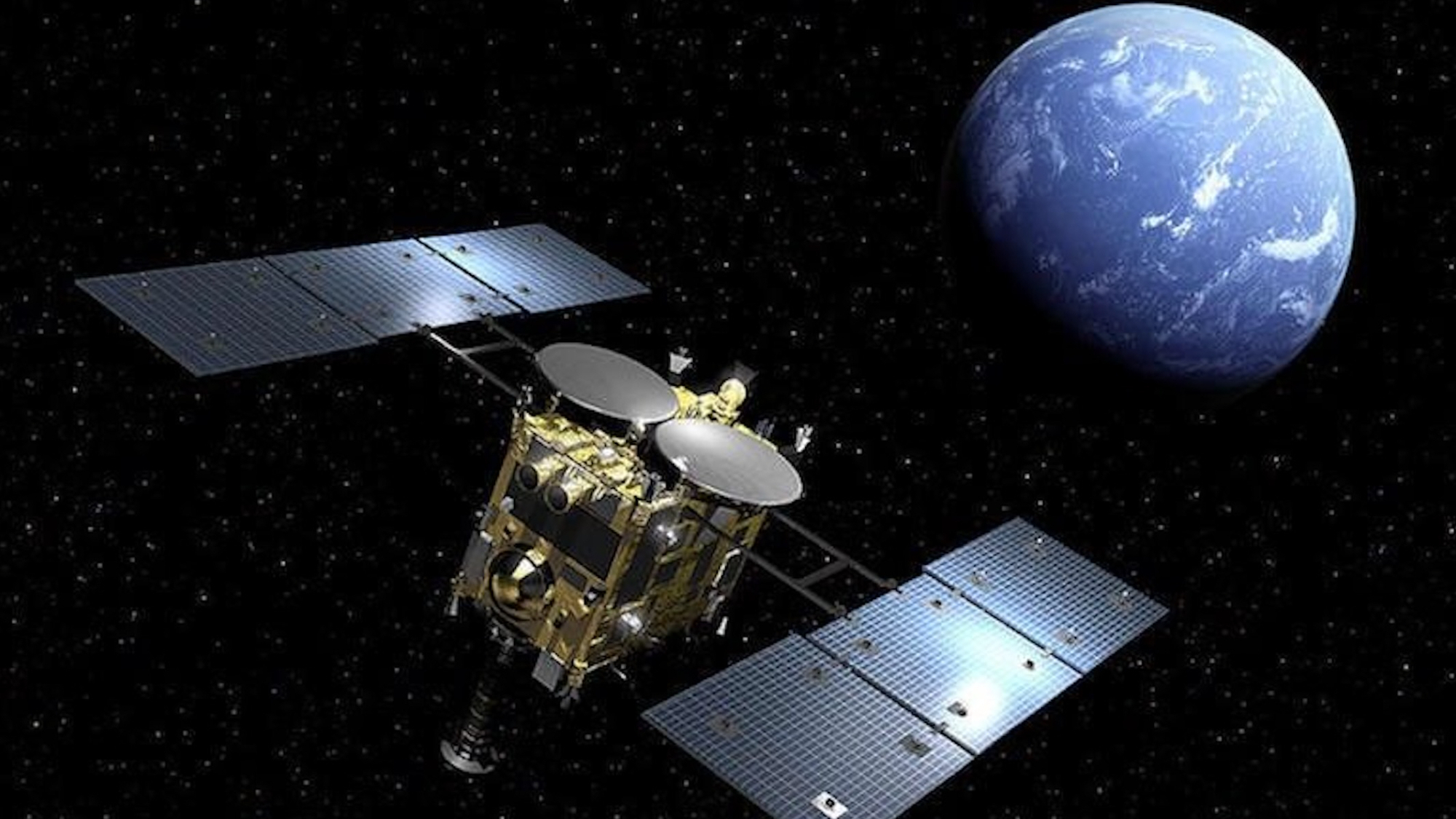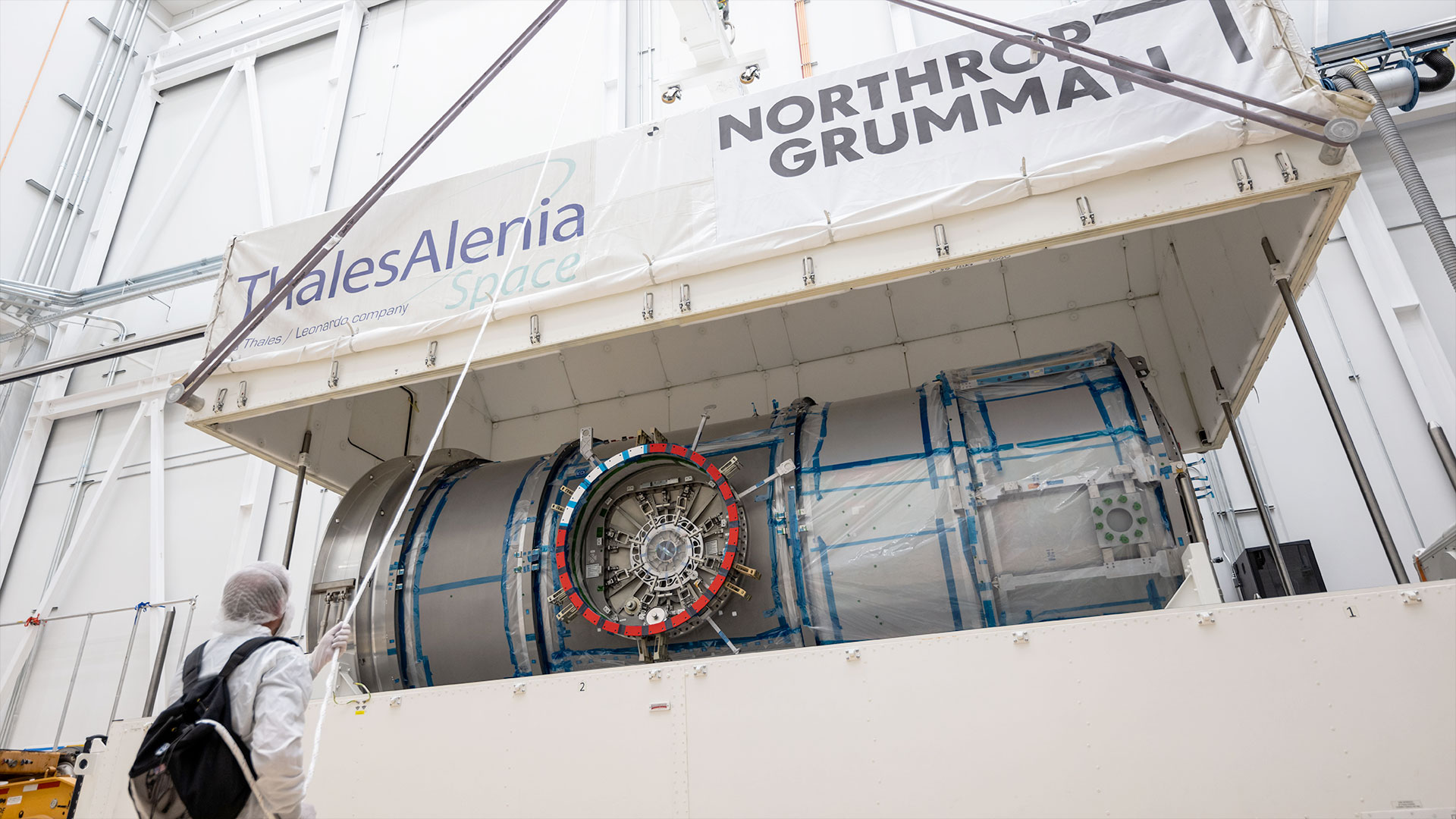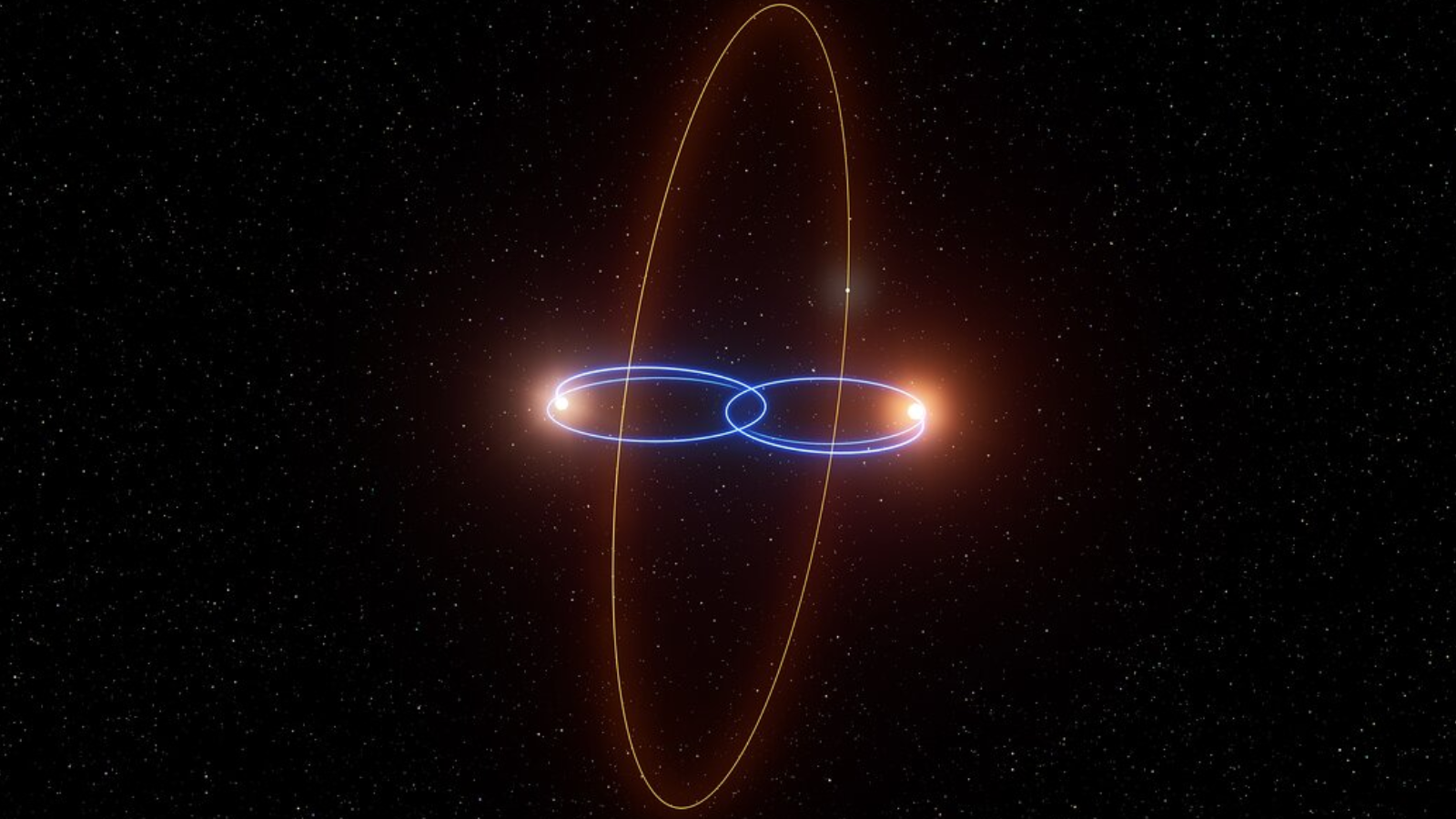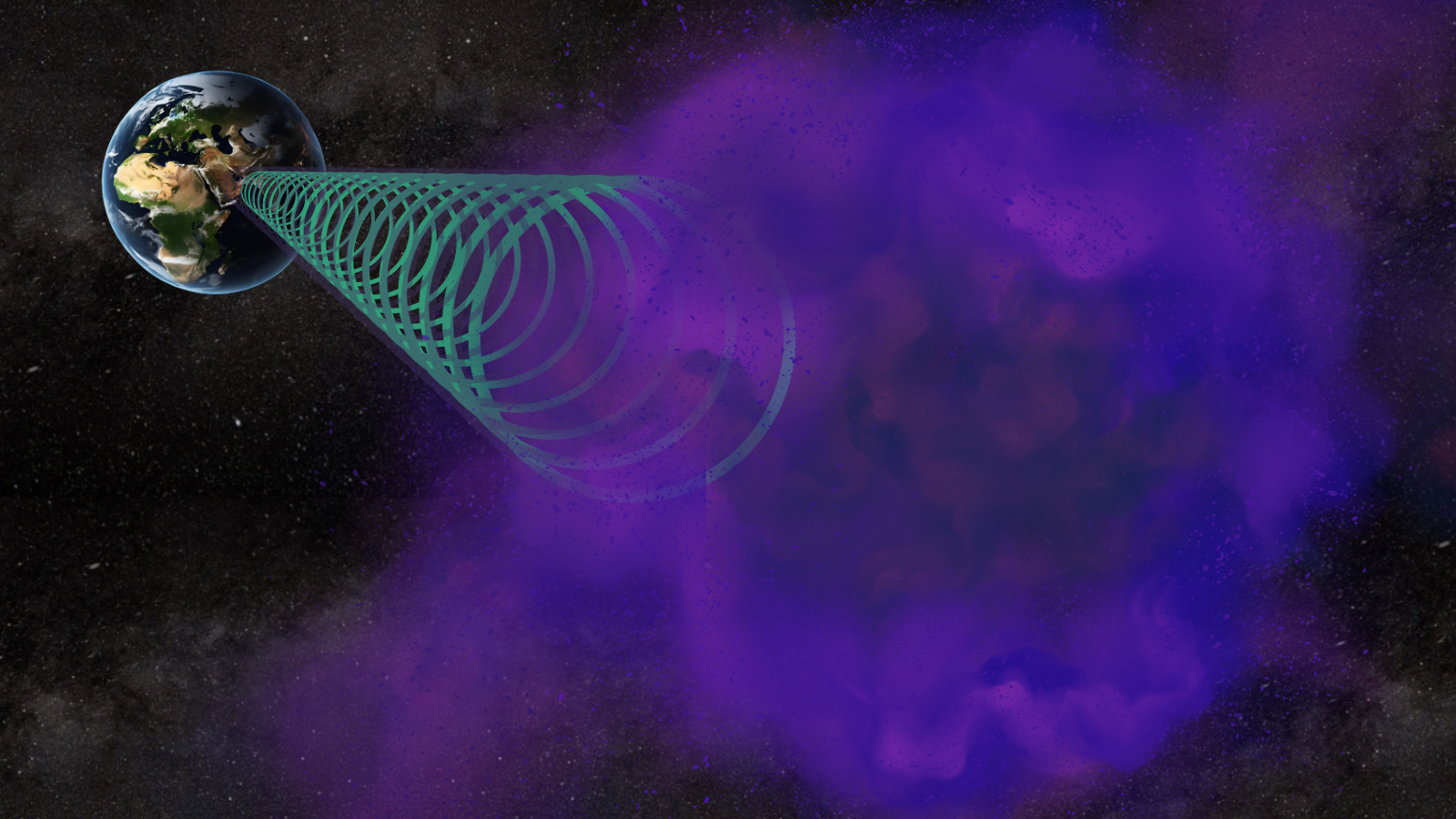World Science Festival Kicks Off in NYC with Black Holes, Aliens and More

NEW YORK — Science fans from around the globe will converge in New York City this week for the 11th annual World Science Festival, a celebration of scientific discoveries with more than 70 live events. The festival kicked off Tuesday (May 29) and runs through Sunday (June 3).
The World Science Festival will host live discussions and debates about topics like aliens, antimatter, black holes and gravitational waves. Speakers will include astronauts, astrophysicists and science celebrities like theoretical physicist Brian Greene, who co-founded the festival.
Greene, who is best known for his research and books on string theory, will moderate a panel discussion on Wednesday (May 30) called "Darkness Visible: Shedding New Light on Black Holes." The session will feature a discussion on how astronomers are taking the first images of a black hole's event horizon, or the point from which nothing — not even light — can escape the black hole's gravitational pull. [No Escape: Dive Into a Black Hole (Infographic)]
Greene and his panelists will also discuss how physicists can study black holes to come up with a way to unite the fields of quantum mechanics and general relativity — two very different mathematical approaches for describing how the universe works — with a universal set of equations. "String theorists are excited about our approach because, at least on paper, it does put relativity and quantum mechanics together," Greene told Space.com.
Theoretical physicists like Greene have "been trying to figure out what these new equations tell us about what might be happening inside a black hole," he said. Researchers will never be able to look inside a black hole to see exactly what's happening beyond the event horizon, but they speculate using mathematical models. Even without any direct observational evidence to back them up, these theories can help find flaws in our understanding of math, physics and the nature of reality, Greene said.
Currently, physicists refer to the core of a black hole as a "singularity," or an infinitely small point with infinitely dense mass where our current mathematical descriptions of black holes break down. "'Singularity' is nothing but a euphemism that really means we don't know what the heck is going on," Greene said. Some have suggested that singularities could be wormholes, or gateways through space and time, but there is currently no evidence to support that idea. Greene said string theorists think the center of a black hole could be something called a "fuzzball," or a wad of strings "like a ball of tangled string that a cat plays with."
Greene will discuss these "fuzzballs" and other science behind black holes in a panel discussion featuring Shep Doeleman (director of the Event Horizon Telescope) and astrophysicists Andrea Ghez, Vicky Kalogera and Cumrun Vafa.
Get the Space.com Newsletter
Breaking space news, the latest updates on rocket launches, skywatching events and more!
"Insights into the nature of black holes radically change our understanding of space and time, so I want people to be brought right up to the cutting edge of thinking," Greene said. "We'll actually span the whole history, from the early thinking of black holes to the puzzles right now that are being worked on at research universities around the world." The panel will also honor late astrophysicist Stephen Hawking by discussing his contributions to black-hole research, Greene said.
For a complete list of events happening at the World Science Festival this week, visit worldsciencefestival.com. Some events require ticket purchases, but many (like Saturday night's stargazing event at the Brooklyn Bridge) are free and open to the public.
Email Hanneke Weitering at hweitering@space.com or follow her @hannekescience. Follow us @Spacedotcom, Facebook and Google+. Original article on Space.com.
Join our Space Forums to keep talking space on the latest missions, night sky and more! And if you have a news tip, correction or comment, let us know at: community@space.com.

Hanneke Weitering is a multimedia journalist in the Pacific Northwest reporting on the future of aviation at FutureFlight.aero and Aviation International News and was previously the Editor for Spaceflight and Astronomy news here at Space.com. As an editor with over 10 years of experience in science journalism she has previously written for Scholastic Classroom Magazines, MedPage Today and The Joint Institute for Computational Sciences at Oak Ridge National Laboratory. After studying physics at the University of Tennessee in her hometown of Knoxville, she earned her graduate degree in Science, Health and Environmental Reporting (SHERP) from New York University. Hanneke joined the Space.com team in 2016 as a staff writer and producer, covering topics including spaceflight and astronomy. She currently lives in Seattle, home of the Space Needle, with her cat and two snakes. In her spare time, Hanneke enjoys exploring the Rocky Mountains, basking in nature and looking for dark skies to gaze at the cosmos.









